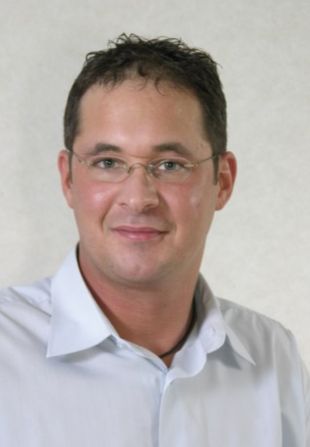Obesity and diabetes are among the greatest health challenges facing our society. Worldwide, more than a billion people suffer from it. With his team, Timo Müller is working on the development of new pharmacotherapies to treat these diseases. One successful approach is poly-agonists, which simultaneously combine the effects of different hormones in a single molecule. The initial publication (Finan et al., Science Translational Medicine 2013) described the innovative concept in which the two gut hormones glucagon-like peptide-1 (GLP-1) and glucose-dependent insulinotropic polypeptide (GIP) were combined into a highly potent GLP-1/GIP co-agonist. In clinical trials, these poly-agonists have shown great promise in improving the treatment of obesity and type 2 diabetes. In the USA, a first drug based on the GLP-1/GIP co-agonism has already been approved this year for the treatment of type 2 diabetes.
Until now, however, the exact mechanisms of action and target organs of this new pharmacotherapy were unknown. Timo Müller and his team were able to show for the first time that the effect of these new drugs is based on their ability to reduce food intake via the GIP receptor in the brain (Zhang et al., Cell Metabolism 2021). This study now makes it possible to explore the precise neuroendocrine signaling mechanisms in the brain that underlie the efficacy of these new GLP-1/GIP co-agonists.
For his outstanding work, Timo Müller was awarded the 2022 Galenus von Pergamon Prize for Basic Research. Springer Medizin Verlag awards the honor.
Galenus von Pergamon Prize
In order to promote pharmacological research in the service of the development of new and innovative drugs, Springer Medizin Verlag GmbH has been awarding the Galenus von Pergamon Prize in Germany since 1985. An independent prize committee decides which outstanding drug receives the prize in the form of a medal. The award recognizes a research achievement in clinical and/or experimental pharmacology that is pioneering for progress in the field of drug and diagnostics research and that was made outside the pharmaceutical industry at universities or research institutions.

